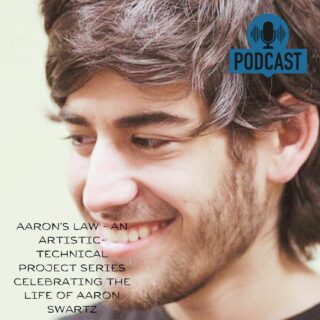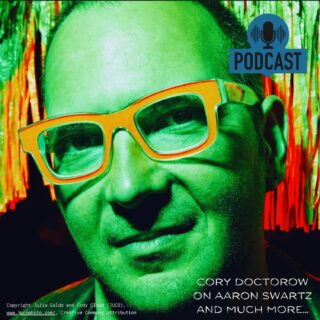In our previous episode, we discussed Campus Medius, a long-running digital mapping and cartography project, which explores a pivotal 24-hour period in the rise of fascism within Austria. The project illustrates how Simon has developed many of his ideas over the last decade to become a multispective digital experience that takes much inspiration from the French historian and philosopher Michel Foucault and his concept of the Dispositive.
LINKS
www.campusmedius.net
Online tour: www.youtube.com/watch?v=eEdJG-UAJkY
Karl Kraus: en.wikipedia.org/wiki/Karl_Kraus_(writer)
The Third Walpurgis Night: chooser.crossref.org/?doi=10.2307%2Fj.ctv10sm911; yalebooks.yale.edu/book/9780300236…alpurgis-night/
The InSituEx Research Agenda: insituex.fhstp.ac.at/



